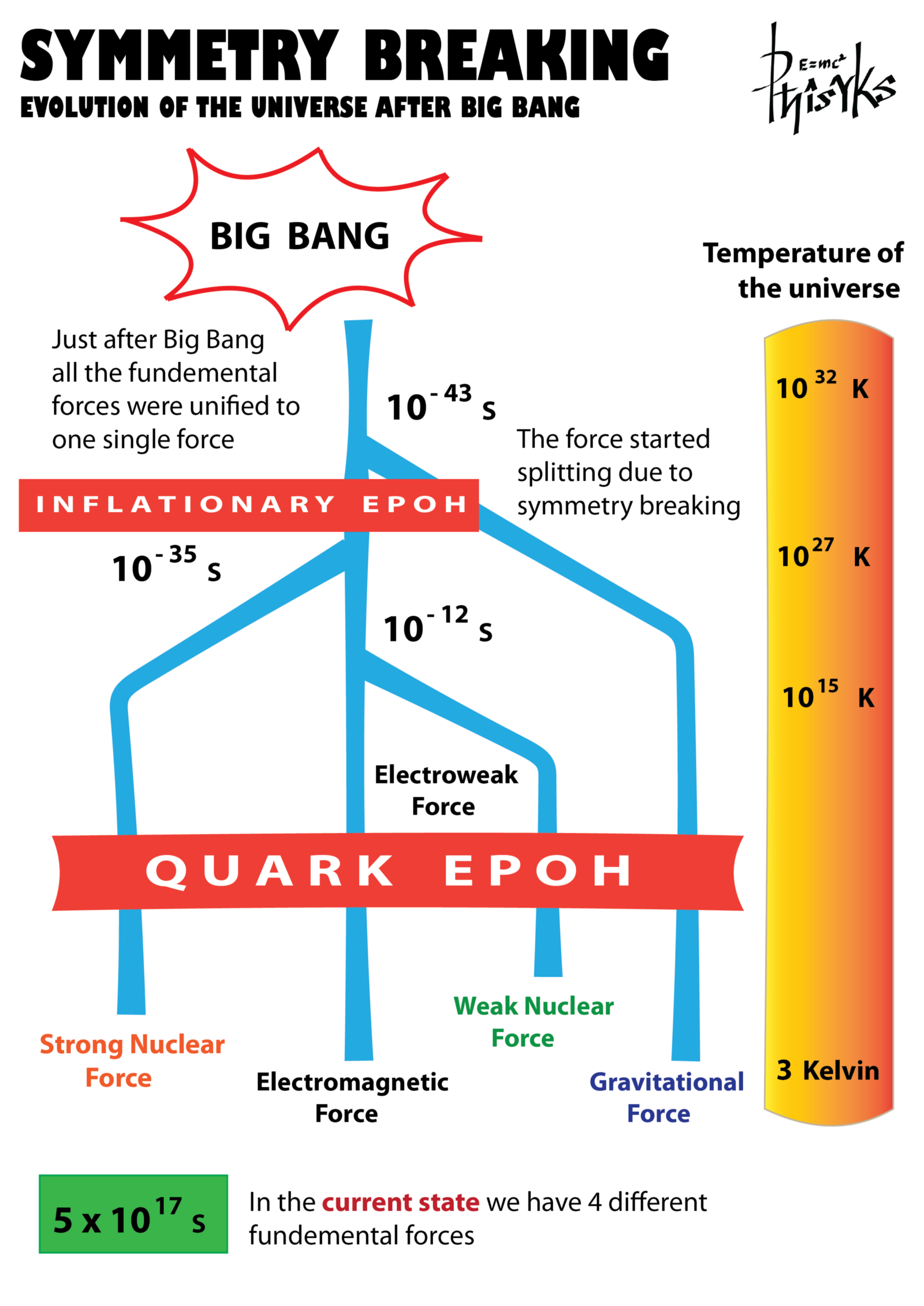Yes, in the early regime QM effects predominate.
FYI, this would be a prime example of a "statement of faith". Even that's an "assumption" based on the dogma itself since GR would preclude anything from exiting the Schwarzchild radius, no matter how much energy you try to put into it. It's size and mass alone would dictate it's fate in GR.
Yes; they're both useful models. GR is easier to use when QM effects are insignificant; quantum gravity is the best model for regimes where QM effects predominate.
So why would GR dominate in any ordinary "black hole" scenario, and not dominate in a scenario where all the mass energy of the whole universe is packed into something the size of a proton? It seems like an arbitrary choice just to circumvent the obvious fate of such a compact and massive object.
However, as you're probably aware, although it works fine for everyday regimes, QG is problematic in exotic quantum regimes, so the details of how QG emerges from the unified forces is unclear.
So really the whole LCDM concept is a relatively "unclear" (from the start) statement of faith in the belief that QM is a "better" way to express early events and GR is somehow appropriate at some time X, after the "bang".
There really isn't a lot of difference here between that statement of faith, and any other religious statement of faith. Neither of us was there to be sure it's even an accurate assumption.
When the forces are unified, all is symmetry; the behaviours of the forces we see emerged as a result of symmetry breaking, so at unification there was no spacetime as we know it to curve. And what would become the observable universe was just a small part of what would become the whole universe.
The key here is the fact that Guth stuck all the mass/energy of the universe into a tiny object. At that point, in GR at least, the whole thing fit inside of it's own Schwarzchild radius, and nothing should have prevented it from collapsing in GR. No amount of energy added to the system would make any difference in GR.
The usual study advice applies - find authoritative sources on the subjects.
The concept of 'authority' here is really no different than asking various 'high priests' the opinions. Guth has one opinion in terms of the overall size of the object, and yet I've heard other opinions from other astronomers about the early size issues that aren't quite the same as his beliefs. It seems to vary from one individual to the next.
It's hard to consider someone an "authority" on something that one "lacks belief" in. I find it about as credible as you might find me suggesting that you talk to a Priest about the various attributes of God. In this case I lack belief in space expansion, inflation, and dark things, so there are actually four different "beliefs" that I lack belief in, so the concept of 'authority" seems silly from my perspective. The authorities cannot even name so much as a single source of 'dark energy' and there are multiple variations of inflation concepts to choose from.



